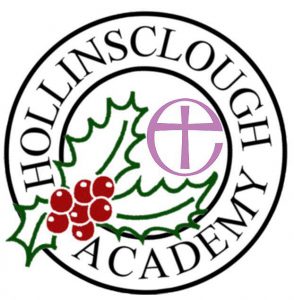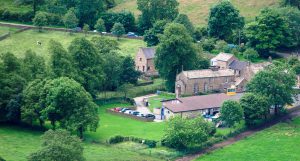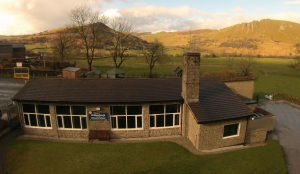Intent, Implementation and Impact
History is important – as Michael Crichton asserts, “If you don’t know [your family’s] history, then you don’t know anything. You are a leaf that doesn’t know it is part of a tree”. The study of our history is a way to put the pieces of the past together and show how we came to be where we are today. We consider it to be a vital aspect of a well-rounded education.
We aim to shape our history curriculum to ensure it is fully inclusive to every child. Our aims are to fulfil the requirements of the National Curriculum for History; providing a broad, balanced and differentiated curriculum that encompasses the British Values throughout; ensuring the progressive development of historical concepts, knowledge and skills; and for the children to study life in the past.
Intent
We aim for a high quality history curriculum which should inspire in pupils a curiosity and fascination about the Britain’s past and that of the wider world. Our teaching equips pupils with knowledge about the history of Britain and how it has influenced and been influenced by the wider world; know and understand about significant aspects of the history of the wider world like ancient civilisations and empires; changes in living memory and beyond living memory; learn about the lives of significant people of the past; understand the methods of historical enquiry and be able to ask and answer questions. We want children to enjoy and love learning about history by gaining this knowledge and skills, not just through experiences in the classroom, but also with the use of fieldwork and educational visits.
Implementation
In ensuring high standards of teaching and learning in history, we implement a curriculum that is progressive throughout the whole school. History is taught as part of a half-termly topic, focusing on knowledge and skills stated in the National Curriculum. We ensure that history has the same importance given to it as the core subjects, as we feel this is important in enabling all children to gain ‘real-life’ experiences. For example, using the local area in Badgers class Key Stage 1, to comparing the similarities and differences in environments and communities in Foxes class, and looking at an in depth study of our locality.
Impact
The impact and measure of this is to ensure that pupils are equipped with historical skills and knowledge that will enable them to be ready for the curriculum at Key Stage 3 and for life as an adult in the wider world.
We want the children to have thoroughly enjoyed learning about history, therefore encouraging them to undertake new life experiences now and in the future.


